MCQ ON URINE FORMATION class 11 for NEET | URINE FORMATION class 11 | MCQ URINE FORMATION with Answer | Check the below NCERT MCQ question for class 11 Biology based on the with Answers.
MCQ on URINE FORMATION class 11 Biology with answers were prepared based on the latest pattern.We have provided class 11 Biology MCQs question with Answers to help students understand the concept very well.
MCQ ON URINE FORMATION is useful for NEET / CSIR / UGC / CBSE / ICSE / AIIMS / EXAM / AFMC EXAM / STATE LEVEL MEDICAL EXAM/ KVS PGT BIOLOGY / NVS PGT BIOLOGY EXAM 2023-2024 ,2025
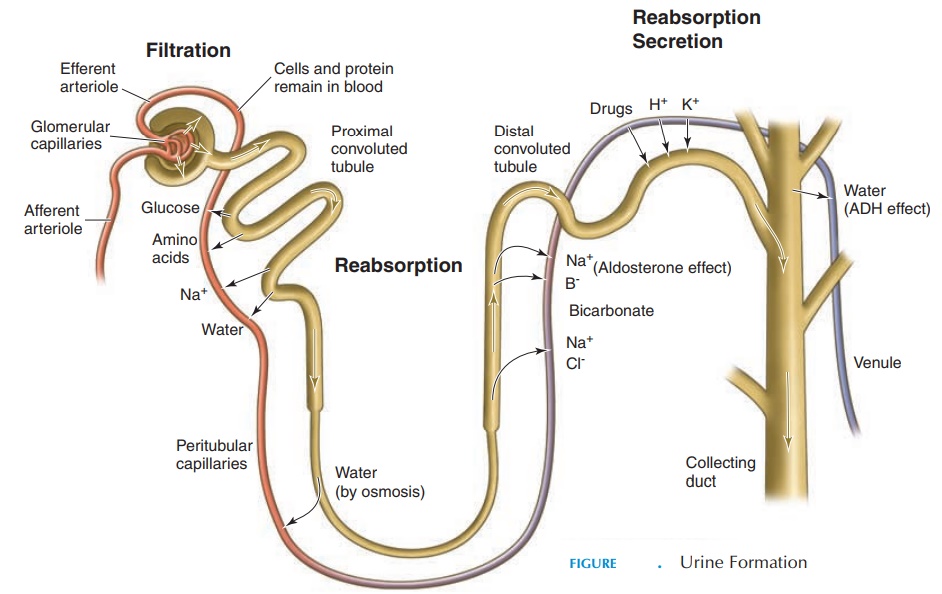
MCQ ON URINE FORMATION class 11 for NEET
INTRODUCTION:-
URINE FORMATION:-
Urine formation involves three main processes namely glomerular filtration, reabservation and secretion, that takes place in different parts of the nephron.
The first step in urine formation is the filtration of blood, which is carried out by the Glomerular and is called glomerulus filtration.
On in average 1100 to 1200 ml of blood is filtered by the kidney per minute which constitution roughly 1/ 5 of the blood pump out by each ventricle of the heart in a minute. The glomerular capillary blood pressure causes filtration of blood through three layers the endothelium of glomerular blood vessels, the epithelial of bowman’s capsule and basement membrane between these two layers.
Bloody is filtered so finally through the basement membrane that allow almost all the constituent of the plasma except the protein pass on to the lumen of the bowman’s capsules. Therefore it is considered as a process of ultra filtration.
The amount of filtrate formed by the kidney per minute is called Glomerular filtration rate.
GFR in healthy individual is approximately 125 ml per minute that is 180 liters per day.
The kidney have built in mechanism for a regulation of glomerular filtration rate.
One such efficient mechanism is carried out by justa glomerular apparatus.
JGA is a special sensitive region formed by cellular modification in the DCT.
MCQ URINE FORMATION class 12 for NEET/KVS PGT BIOLOGY / NVS PGT BIOLOGY EXAM 2023-2024,2025
1. Urine formation involves three main processes namely
(a) glomerular filtration
(b) reabsorption
(c) secretion
(d) all the above
Ans (d) all the above
2. The first step in urine formation is the filtration of blood which is carried out by glomerulus and is called
(a) glomerular filtration
(b) ultra filtration
(c) Reabsorption
(d) secretion
Ans. (a) glomerular filtration
3. On an average what amount of blood is filtered by the kidneys per minute which constitution roughly1/5th of the blood formed out by each ventrical of the heaet in a minute
(a) 1100-1200 ml
(b) 1000-1500 ml
(c) 1200-1300 ml
(d) 900-1200 ml
Ans. (a) 1100-1200 ml
4. The Glomerular capillary blood pressure causes filtration of blood through how many layers ?
(a) 3
(b) 2
(c) 1
(d) 4
Ans.(a) 3
5. The epithelial cells of bowman’s capsule called
(a) secretion
(b) ultra filtration
(c) podocytes
(d) reabsorption
Ans.(c) podocytes
6. Blood is filtered so finally through this membrane that almost all the constituents of the plasma except the proteins pass on to the lumen of women capsule therefore it is considered as process of…….
(a) ultra filtration
(b) glomerular filtration
(c) secretion
(d) reabsorption
Ans.(a) ultra filtration
7. The amount of the filtrate formed by kidney per minute is called
(a) glomerular filtration rate
(b) secretion
(c) reabsorption
(d) ultrafiltration
Ans.(a) glomerular filtration rate
8. Glomerular filtration rate in a healthy individual is approximately 125 ml per minute that is how many litres per day?
(a) 160 litres
(b) 180 litres
(c) 190 litres
(d) 170 litres
Ans.(b) 180 litres
9. The kidney have built in mechanism for the regulation of glomerular filtration rate.One such efficient mechanism is carried out by ………
(a) ANF
(b) JGA
(c) IVF
(d) PCT
Ans. (b) JGA
10. Juxta glomerular apparatus is a special sensitive region formed by cellular modification in the
(a) PCT
(b) DCT
(c) CD
(d) Bowman’s capsule
Ans. (b) DCT
11. A fall in GFR can activate the JG cells to release which hormone which can stimulate the glumerular blood flow and their by the GFR back to normal
(a) adrenal
(b) thyroid
(c) renin
(d) rennin
Ans.(c) renin
12. Comparison of the volume of the filtrate formed per day 180 litres per day with that of urine released 1.5 litres suggest that nearly 99% of the filtrate has to be re absorbed by the……..
a) vasa recta
b) Henle loop
c) renal tubule
(d) secretion
Ans . (c) renal tubule
13. Comparison of volume of the filtrate formed per day 180 litres per day with that of the urine released 1.5 litres suggest that nearly 99% of the filtrate has to be reabsorbed by the renal tubules , this process is called…..
(a) ultrafiltration
(b) secretion
(c) reabsorption
(d) GFR
Ans.(c) reabsorption
14. The tubular epithelial cells in different segments of nephron perform the re-absorption by which mechanism
(a) active mechanism
(b) passive mechanism
(c) both a and b
(d) diffusion
Ans. (c) both a and b
15. The substances like glucose amino acids sodium ion in the filtrate are reabsorbed by which mechanism
(a) diffusion
(b) osmosis
(c) active mechanism
(d) passive transport
Ans.(c) active mechanism
ALSO READ:-
● YOU CAN WATCH BIOLOGY SIR Youtube channel
16. Which is an important step in urine formation as it helps in maintenance of ionic and acid base balance of body fluids?
(a) ultrafiltration
(b) reabsorption
(c) tubular secretion
(d) passive transport
Ans.(c) tubular secretion

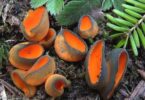

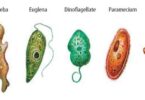
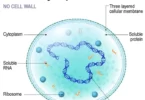
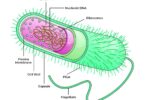
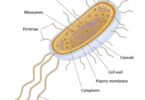
Leave a Comment